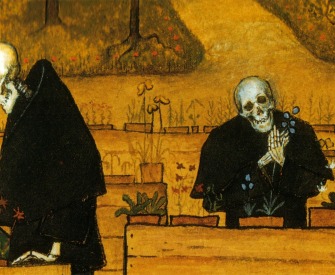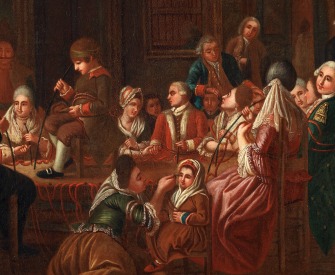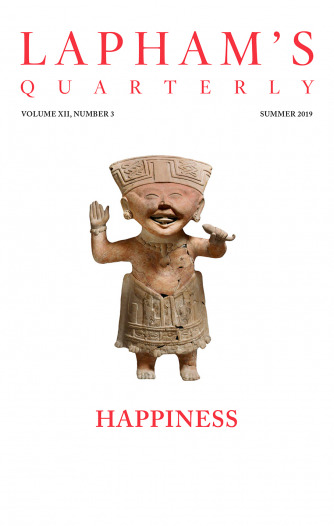My dear Cousin Vira,
Five minutes time with you—and God only knows what those five minutes might be worth to the maybe-doomed thousands sleeping around me.
It is the night before a battle. The enemy, Fredericksburg, and its mighty entrenchments lie before us, the river between—at tomorrow’s dawn our troops will assay to cross, and the guns of the enemy will sweep those frail bridges at every breath.
The moon is shining through the soft haze with a brightness almost prophetic. For the last half hour I have stood alone in the awful stillness of its glimmering light gazing upon the strange sad scene around me striving to say, “Thy will, O God, be done.”
The campfires blaze with unwanted brightness, the sentry’s tread is still but quick; the acres of little shelter tents are dark and still as death—no wonder for us as I gazed sorrowfully upon them. I thought I could almost hear the slow flap of the grim messenger’s wings, as one by one he sought and selected his victims for the morning. Sleep, weary ones, sleep and rest for tomorrow’s toil. Oh!
Sleep, and visit in dreams once more the loved ones nestling at home. They may yet live to dream of you, cold, lifeless, and bloody, but this dream, soldier, is thy last—paint it brightly, dream it well. Oh, Northern mothers, wives, and sisters, all unconscious of the peril of the hour, would to heaven that I could bear for you the concentrated woe which is so soon to follow, would that Christ would teach my soul a prayer that would plead to the Father for grace sufficient for you, God pity and strengthen you, everyone.
Mine are not the only waking hours; the light yet burns brightly in our kindhearted general’s tent where he pens what may be a last farewell to his wife and children and thinks sadly of his fated men.
Already the roll of the moving artillery is sounded in my ears. The battle draws near, and I must catch one hour’s sleep for tomorrow’s labor.
From a letter to Elvira Stone. Barton composed this letter at a Union Army division headquarters on December 11. Later that day she was tending to wounded brought back from the front when she received a message from a surgeon across the Rappahannock River saying, “Come to me—your place is here.” She crossed a bridge amid heavy fire, her skirt torn by shells; it was the closest she came to death during the war. When the Battle of Fredericksburg was over, on December 13, the Union’s casualties were around 12,600 to the Confederacy’s 5,300.
Back to Issue





